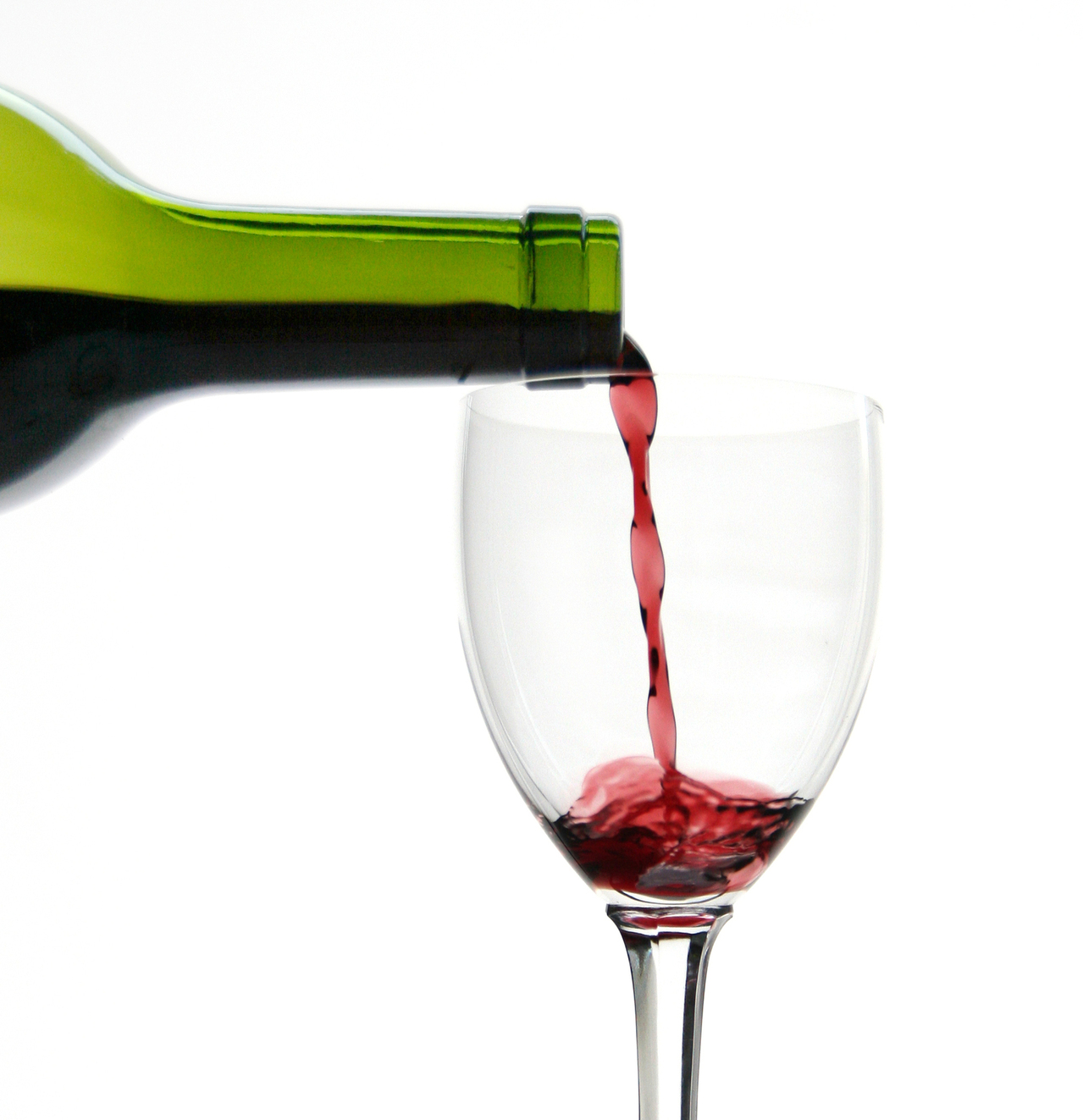Happy events, such as celebrations and social gatherings, are sometimes followed by the less than enjoyable experience of the dreaded hangover. Hangovers can result from drinking too much alcohol.
What are some common symptoms?
These can include headache, fatigue, sensitivity to light and sound, redness of the eyes, muscle aches, and thirst. Sometimes there can also be rapid heartbeat, tremors, sweating, disorientation, dizziness, rapid heartbeat, depression, anxiety and irritability.
These symptoms are caused by a number of factors:
- Dehydration, as alcohol is a diuretic and causes us to go to the bathroom a lot. Excessive urination can lead to dehydration and thirst, headache, fatigue and dry mouth
- The chemical acetaldehyde, which can cause vomiting, headache, rapid heartbeat and flushing, is a substance that is released as alcohol breaks down builds up in the body, and can affect the nervous system and causing symptoms.
- Alcohol causes some lowering of blood sugar, because it interferes with the generation of glucose by the liver. Low blood sugar can be associated with tiredness, crankiness, and dizziness.
- High levels of congeners. Congeners are chemical compounds other than alcohol and water which are found in alcoholic beverages. They help to give colour, flavour and smell. Examples of typical congeners are amines, amides, acetones, polyphenols, methanol, and histamine. Alcoholic drinks with high levels of congeners seem to increase the frequency and intensity of hangovers. E.g. whisky and cognac are high in congeners whereas vodka and gin are low.
- Drinking too much, no matter whether it is expensive wine or beer will increase the likelihood of a hangover.
- Combining sweet carbonated mixers with alcohol tends to result in a higher rate of consumption as they just taste like a harmless fizzy drinks.
So what can you do?
- Eat before you go out, preferably a meal containing some protein and good fats as this slows the absorption of alcohol into the bloodstream.
- Have a glass of water between each alcoholic beverage. This combats dehydration caused by alcohol and also often results in less overall consumption. Drink a few glasses of water when you get home too, but ensure electrolyte balance by having some Hydrolyte, Gatorade or similar.
- Drink low alcohol beverages where possible
- Avoid over consumption of mixed drinks. Be mindful of how much alcohol is in the mix.
- Choose vodka or gin over brandy or whisky in a mixed drink (lower levels of congeners).
- Have a good meal or snack to settle the stomach and also replenish blood sugar after you get home or at breakfast the next morning. A hearty breakfast may help. Both the eggs and the bacon contain cysteine, which is thought to help recovery. Salt in the bacon replenishes the essential electrolyte sodium.
- Drink herbal teassuch asginger tea, or peppermint tea which have been used traditionally as hangover treatments. Ginger is a natural painkiller and antioxidant and has been shown to reduce nausea and gastrointestinal distress in clinical studies. Peppermint tea is traditionally used to reduce nausea and gastrointestinal distress.
- The herbal medicine St Mary’s Thistle (Milk thistle) is an antioxidant and is known as liver protective and restorative and can taken daily if you are drinking alcohol regularly.
- Large doses of B and C vitamins combined with magnesium and zinc in fizzy supplements such as Berocca have been used anecdotally with success.
- Analgesics are often used for symptoms but beware of side effects.
- The best practice is prevention, so simply take care and be mindful of your alcohol consumption.

